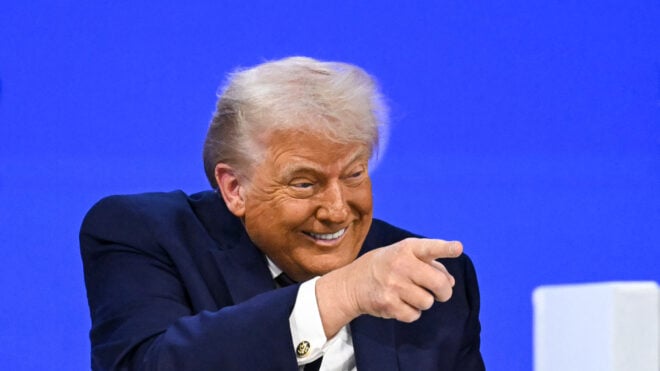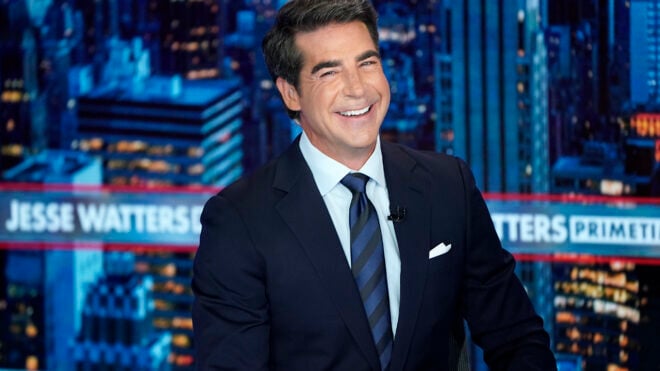I was in the living room arguing with my 9-year-old son over why he couldn’t have more screen time. Basically 90 percent of my parenting with him is a constant negotiation over why he can’t play on screens all day every day.
On this day, he brought up a common argument that I’ve heard far too many times: “Why does Aspen get to watch screens all the time? I have so many more rules than she does. It’s not fair." (At the time, Aspen was only 2 years old.)
Tristan’s blue eyes were fixed on me, hands in the pockets of his khaki school uniform shorts, his lips twisted to the side. Everything about his body language seemed to say injustice.
Fact is, he was right. It was injustice. It wasn’t fair. Not the fact that he had a limit on his screen time, while his 2-year-old sister didn’t. That was just difference in ages. What was totally unfair is that when Tristan was 2, we parented him really differently, with much stronger rules and regulations that went far beyond screen time.
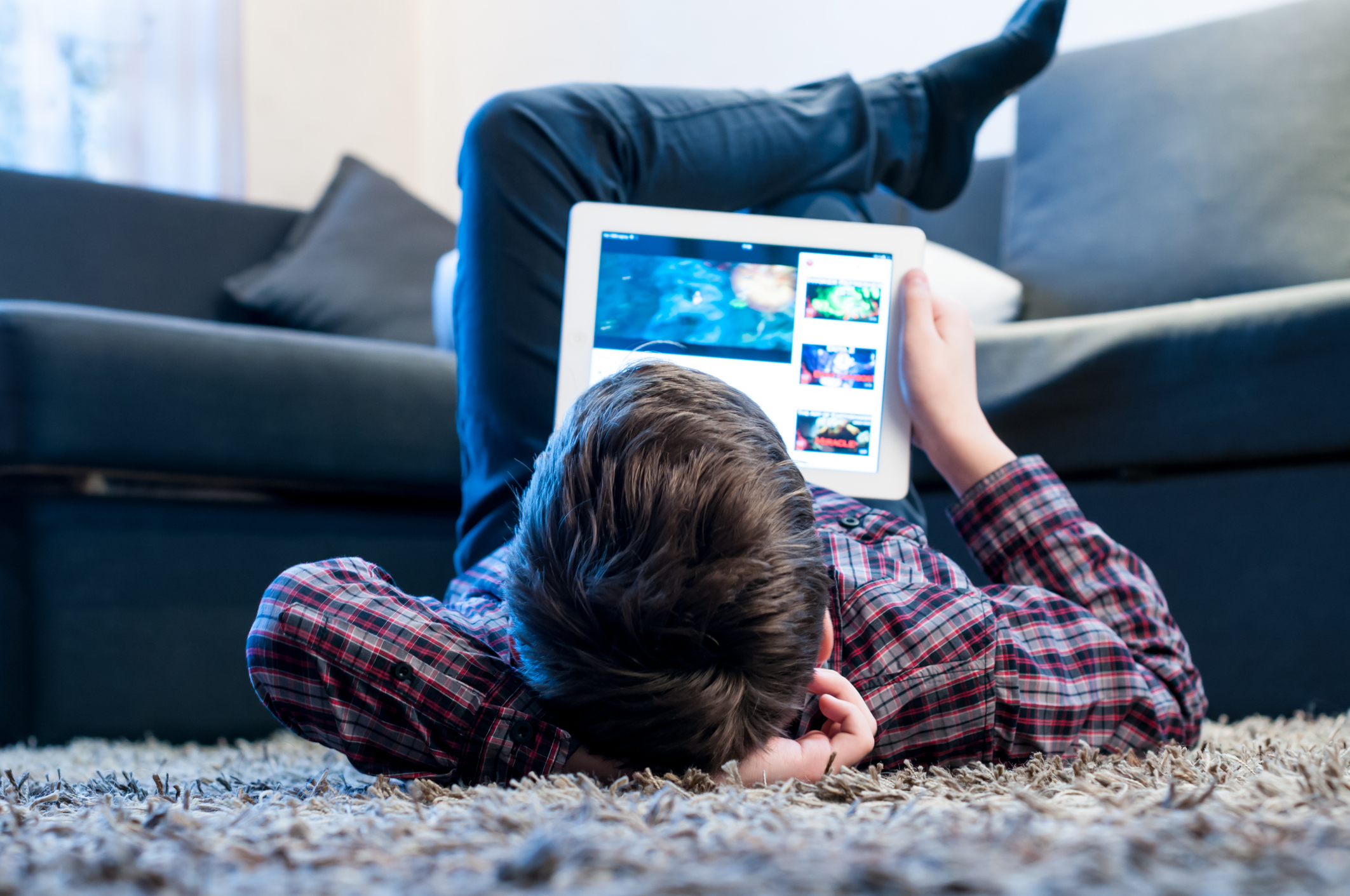
When he was a toddler, I tried to feed him organic food and made sure he had on clean outfits, always. I didn't let him watch too much TV or have too many sweets. I stressed about him. I watched him like a hawk and micromanaged his behavior, fearful that I was going to ruin him.
So much of it was about presentation. I was always worried that someone would find out that I was, in fact, not qualified to be a father. There was also the fact that I didn’t really know what I was doing (not that any parent really does).
I’m going on nine years of fatherhood, with three kids, and I still feel lost. Back then, parenting felt like wandering in a dark room looking for a light switch. I just didn’t know the long-term ramifications of anything I did, so I simply played it ultraconservative, both eyes unceasingly on my son, making sure he looked presentable and was well-behaved and overly healthy.
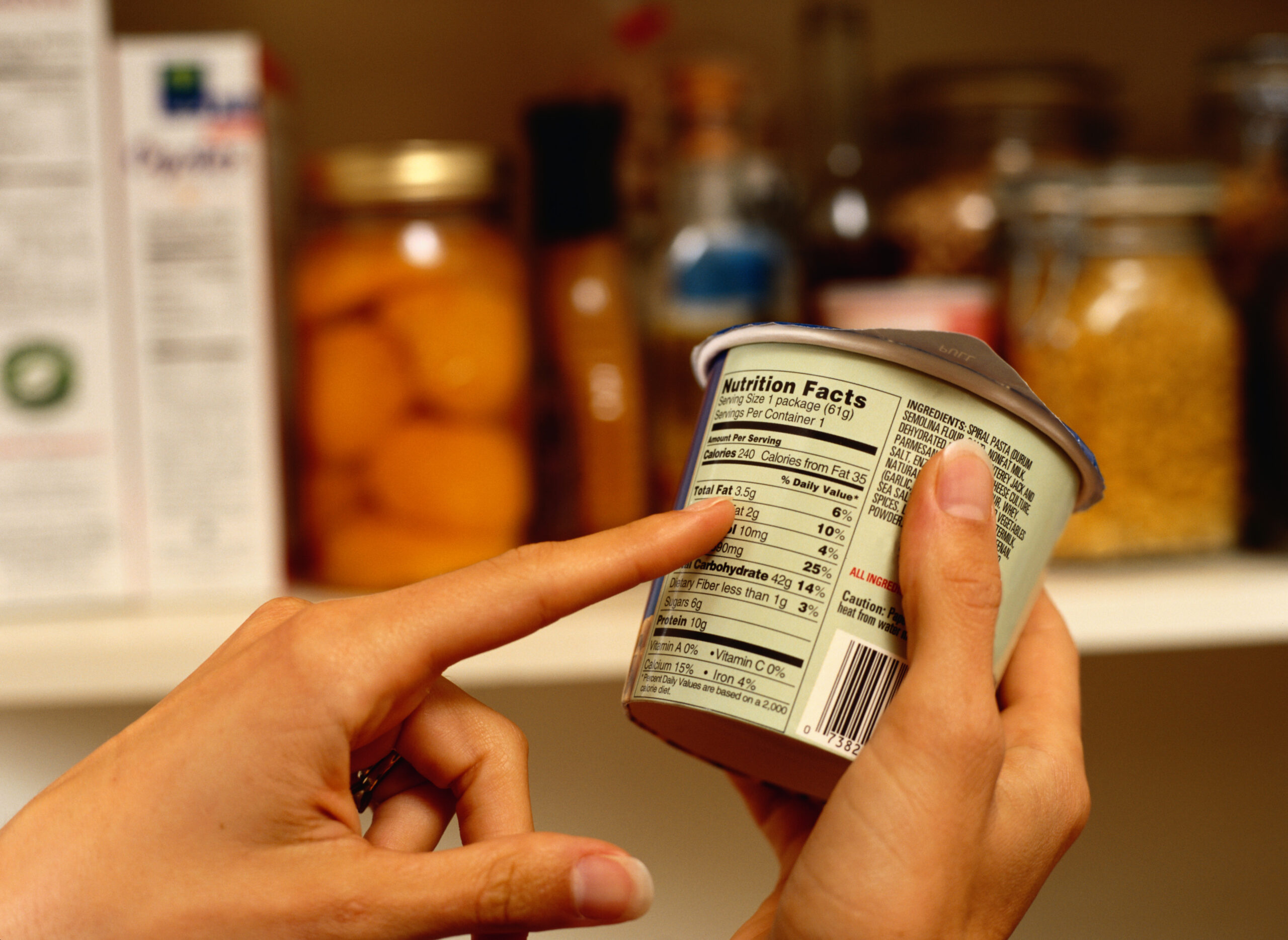
Now, three kids and almost 10 years in, I don't worry about all that as much. Not that I don’t care. I care as much, if not more, than I ever did. However, I've become much more pragmatic and less worried about presentation.
I’ve started to realize what really matters, and what doesn’t. I’ve started to put some distance between myself and my need to micromanage my children’s every move.
Most of this is for my own sanity, honestly.
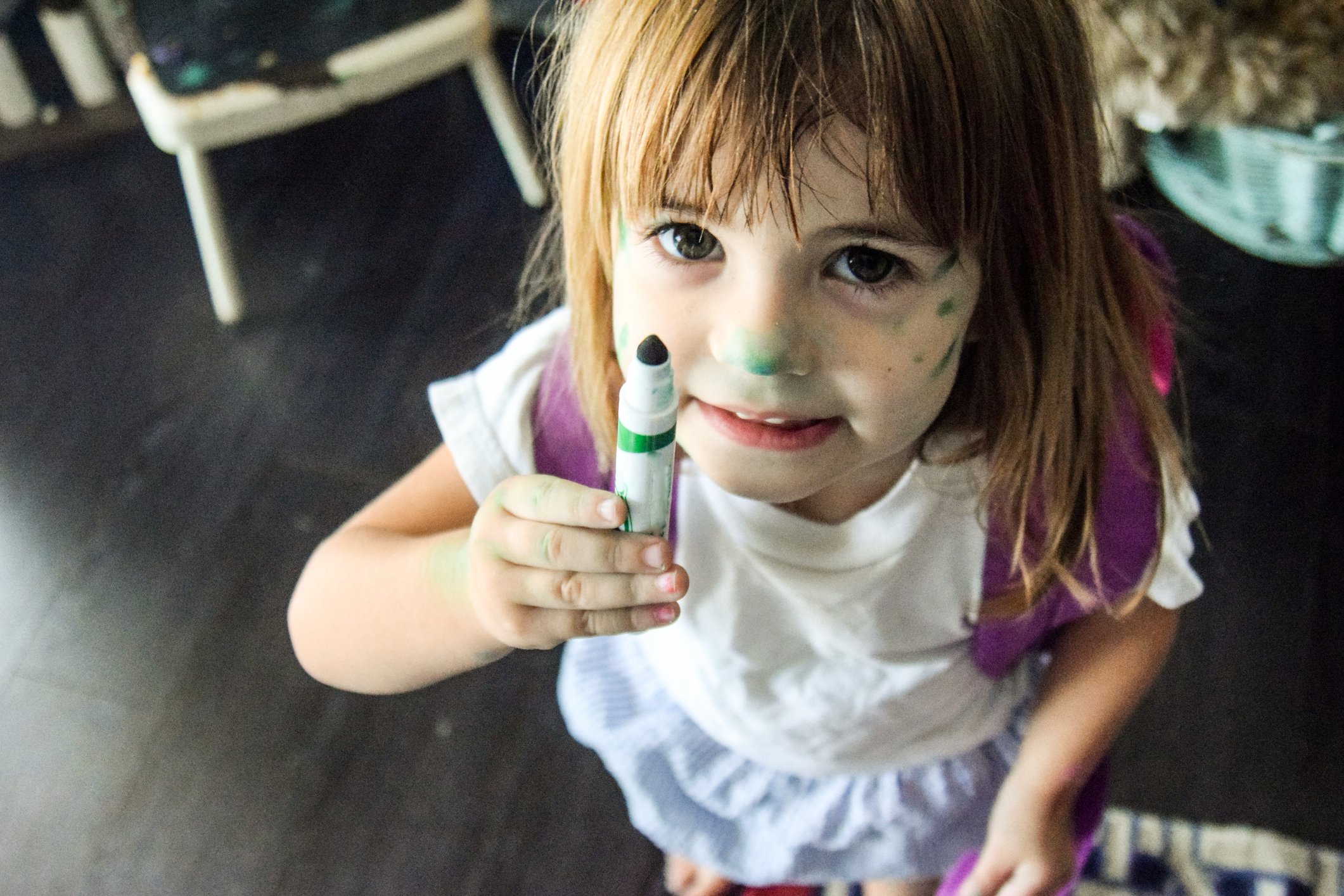
The fact is, parenting is all-consuming. It’s exhausting and overwhelming at times. It’s rewarding in the most hair-pulling way possible, and once it’s all said and done, nothing is a sure bet.
There’s a chance that all three of my children will grow up to become total boneheads, unable to make adult decisions. When/if that happens, I will be left wondering if I parented them too much or not enough. So much of raising children has to do with their individual little personalities, which are a mix of genetics, and doesn’t have a whole lot to do with day-in and day-out parenting decisions.
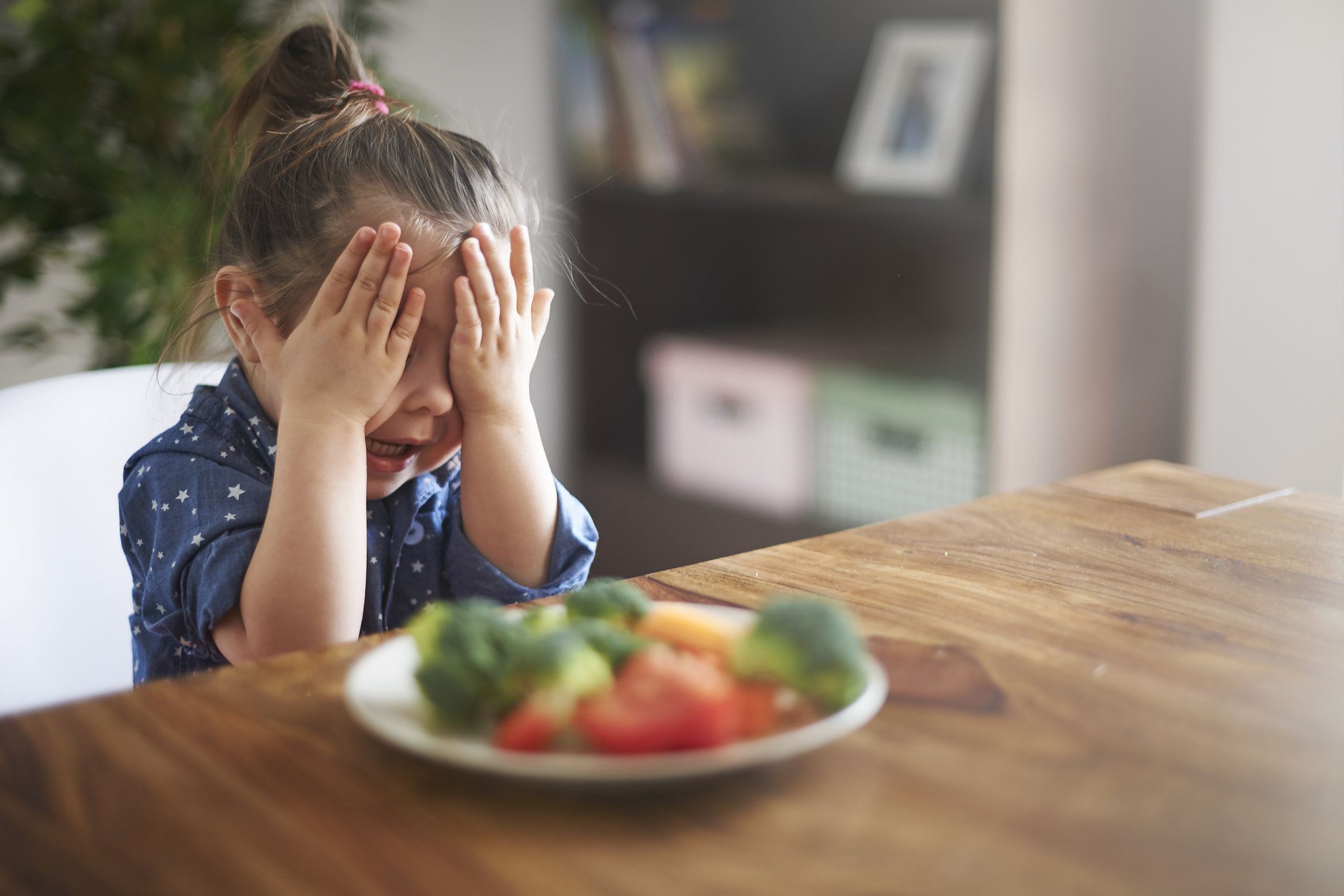
This doesn’t mean that you should throw in the towel on parenting. You still have to put in the effort. It just means, after a few years and a few kids, you start to realize that you can spend all your time keeping your kids clean, only to find them messy most of the day.
You can do everything within your power to feed them healthily, and they will still look at every green bean as if it were a heaping pile of rancid poop. You can sit next to them every day and read, tell them how much you love it, and emphasize the importance of it, and they still might end up hating to read.
Parenting is a bit of a long shot, no matter what. People are going to judge your parenting, no matter what you do, and your kids will latch on to what they love and hate, regardless of what you love and hate.
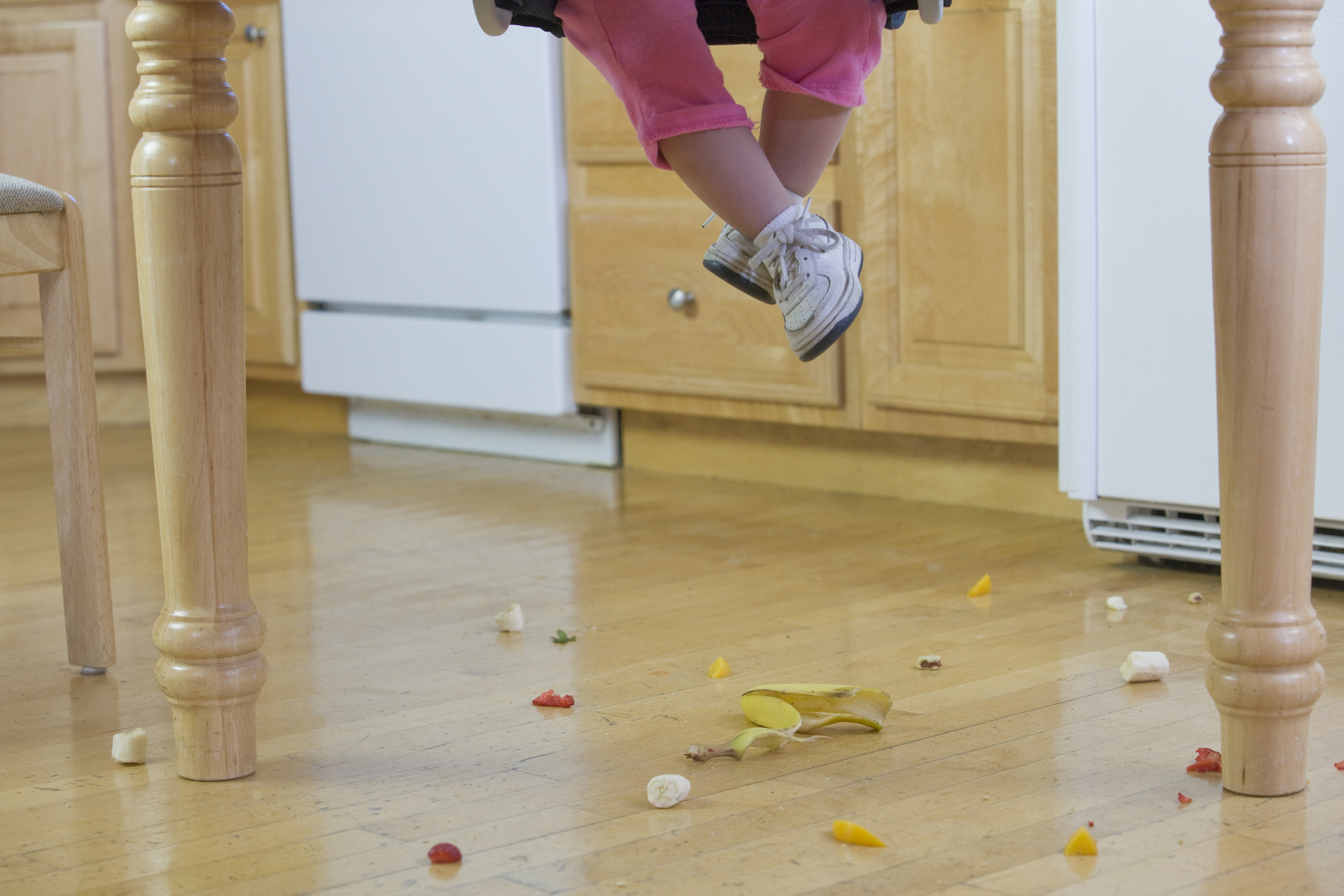
So with my youngest, I’ve started to take my hand off the wheel a bit. If she eats dirt, I call it an organic meal, and sometimes I give her unlimited popsicles and screens so I can wash the dishes without her climbing in the dishwasher.
If she covers her shirt with mashed strawberries, I don’t drop what I’m doing and fix it right there and then. I get to it when I can, and if I never get to it, I clean her up in the evening. I let her explore more than I did with either of my older kids. I don’t get anxious about how she looks, or when her hair isn’t combed. I don’t have a heart attack every time she cries, or go completely out of my way to keep her out of trouble. I’ve started to be more selective.
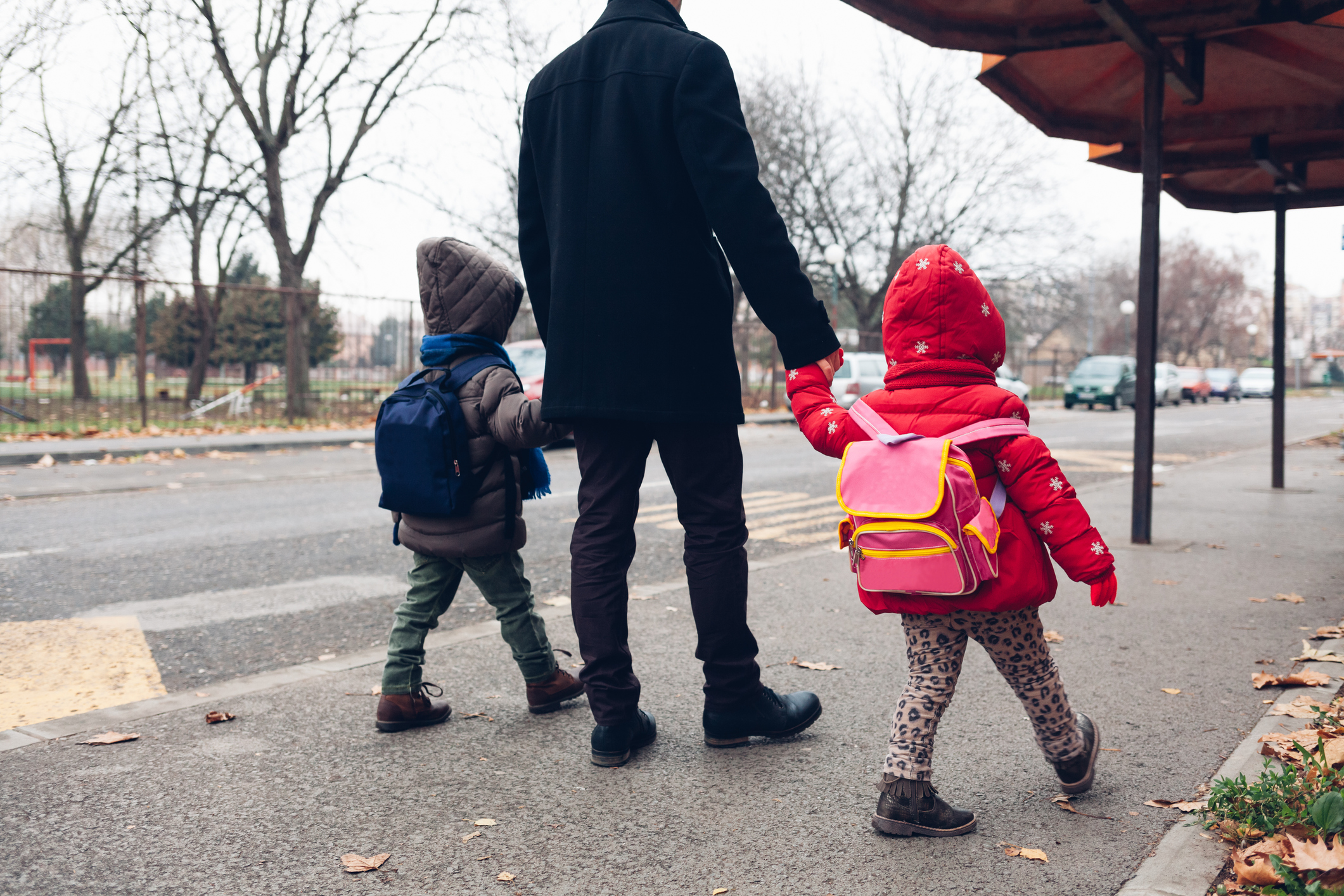
I had no idea how to explain it to my son. There was no way to tell him why I’d grown more lax with his younger sister.
So I didn’t try. I just shrugged, and said, “Sorry, dude.”
I think a lot of parents go through this. I think any older sibling recognizes this transition. But it isn’t until you are living it that you start to understand why it happens.
He rolled his eyes, and within an hour he’d forgotten about the whole conversation.
For More From Clint Edwards visit No Idea What I'm Doing: A Daddy Blog, Facebook, and don't forget to SHARE with friends and family!


